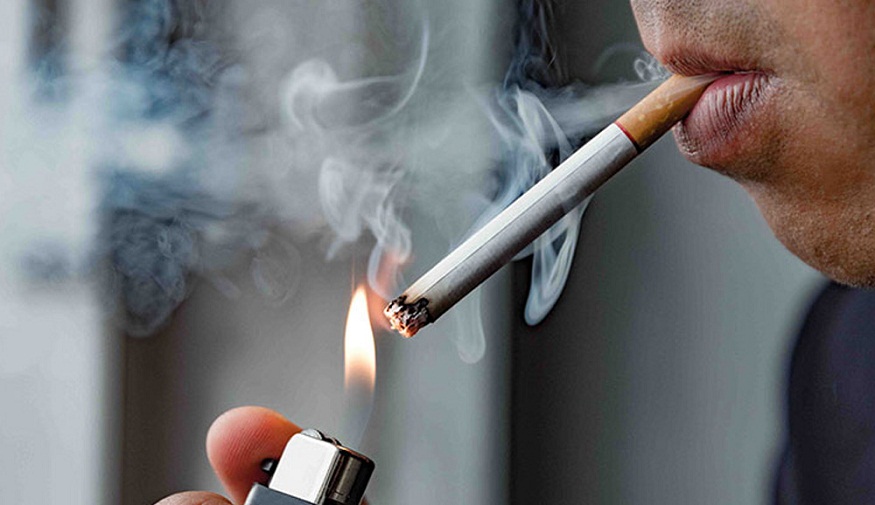The first crucial step towards recovery is making the decision to alter your relationship with drugs or alcohol. Treatments for substance abuse come different forms, including counselling, therapy, and detox. Outpatient and inpatient rehab are two categories in which these falls. Which sort of rehab will work for you will depend on what the addicted person needs and how serious his or her use disorder is. You can lower your chance of relapse by stopping using drugs or alcohol with the assistance of both outpatient and inpatient therapy. There is no superior or more efficient form of rehab than another. The setting and what works best for you and your particular scenario are what distinguish them apart.
Outpatient Rehab
Outpatient rehab is a place where alcohol withdrawal and other issues are treated with therapies and group sessions. Individuals who opt for outpatient treatment can continue to live at home while recovering, which enables them to look after children or other family members, maintain their employment, and continue their education. Although outpatient care is frequently less expensive than inpatient rehabilitation, the quality of assistance could be less intense. The majority of programs use a step-down approach and incorporate individual or group counselling. As you progress through treatment, sessions become less intensive and less frequent. These programs support patients’ long-term recovery by assisting them in overcoming their drug or alcohol dependence.
Inpatient rehab
Inpatient rehab is also known as residential rehab because you remain at the center. Those with serious drug or alcohol addictions, especially those who are also coping with other mental health issues, may find success in inpatient rehab. You can escape temptations and outside influences that lead to substance usage by residing in the recovery facility. A healthy home environment aids in your recuperation.


